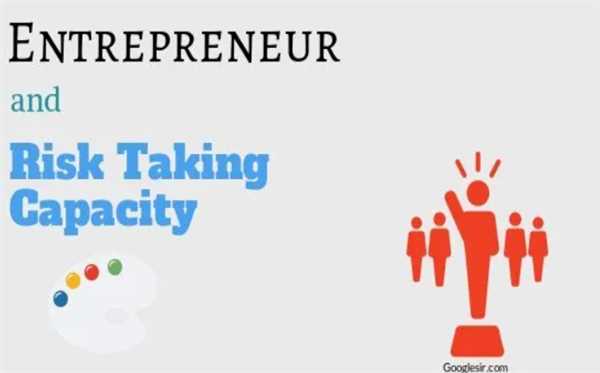Entrepreneurship is the process of creating or starting a new business venture to make a profit. It involves taking risks, identifying opportunities, and making decisions that can significantly impact the business's success. Risk-taking is a key factor in the process of entrepreneurship, and it is essential for entrepreneurs to be able to assess and manage risks effectively.
Assessing Risks
The first step in taking risks as an entrepreneur is to assess the potential risks involved in a business opportunity. This includes evaluating the market, the competition, and the potential financial returns. Entrepreneurs should also consider the potential downsides of the business, such as the possibility of failure and the impact this could have on their personal and professional lives. By assessing risks carefully, entrepreneurs can make informed decisions about whether or not to pursue a particular opportunity.
Managing Risks

Once risks have been assessed, entrepreneurs must then manage them effectively. This includes developing strategies to minimize potential downsides and maximise potential benefits. This can be done by diversifying investments, hedging against potential losses, and insuring against potential risks. Entrepreneurs should also be prepared to adapt their strategies as needed in response to changes in the business environment.
Embracing Risks
While risk management is essential, entrepreneurs must also be willing to embrace risks. Taking calculated risks is a fundamental part of entrepreneurship, and it is what separates successful entrepreneurs from those who are content to play it safe. Embracing risks can lead to significant rewards, such as the potential for large profits and the satisfaction of creating something new and innovative.
Entrepreneurial Mindset
Entrepreneurs should be willing to take risks, have a clear vision and be able to think creatively. They should be willing to experiment, learn from their mistakes, and continuously improve. Entrepreneurs should have a strong sense of self-confidence and resilience, as well as a willingness to accept failure as a part of the learning process.
Support System
In addition to having an entrepreneurial mindset, it is also important for entrepreneurs to have a strong support system. This can include family, friends, mentors, and a network of other entrepreneurs. These individuals can provide valuable advice, resources, and support during challenging times, often accompanying starting and running of a business. They can also serve as a sounding board for ideas and can provide a sense of community and camaraderie. Building a strong support system can help entrepreneurs stay motivated and focused and can increase their chances of success in the long term.